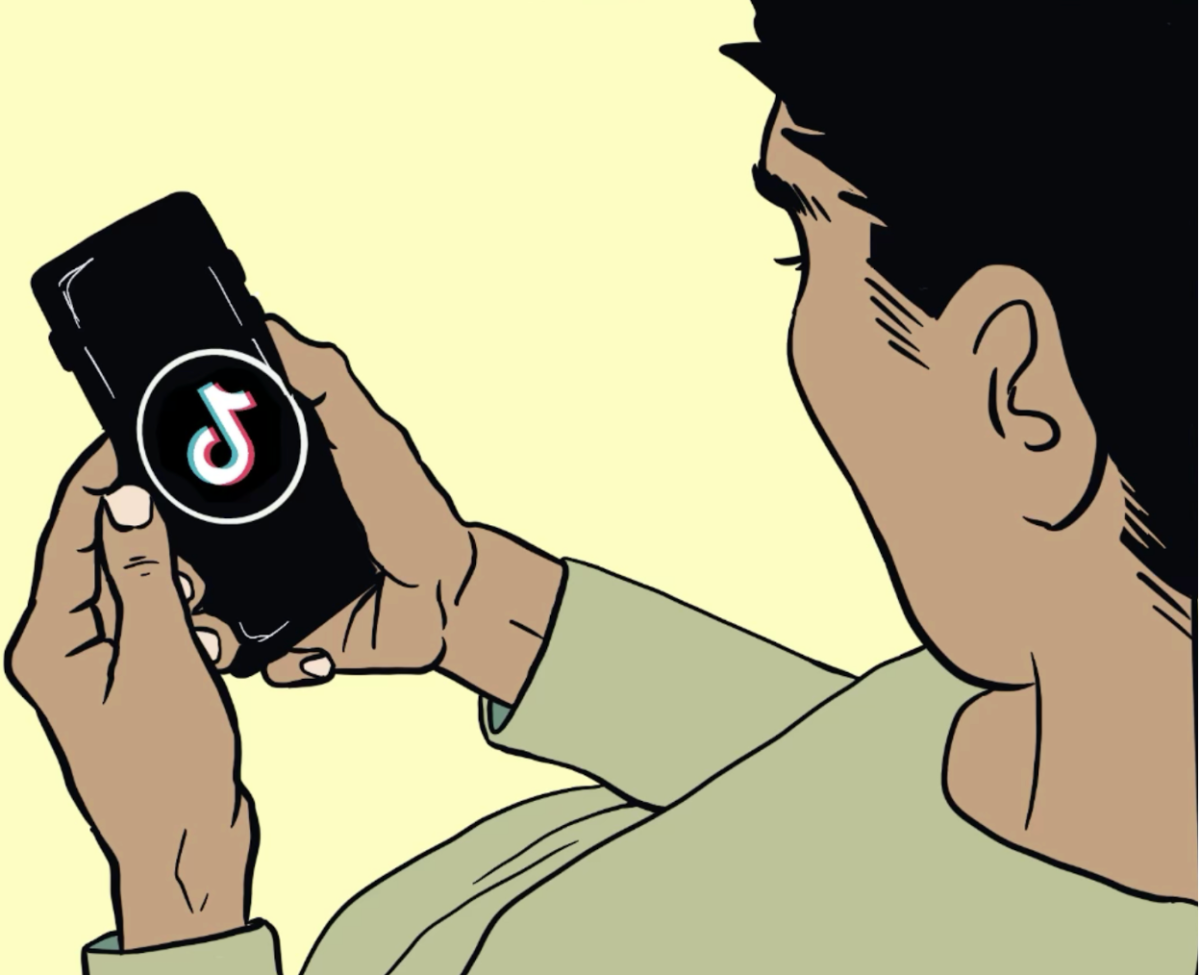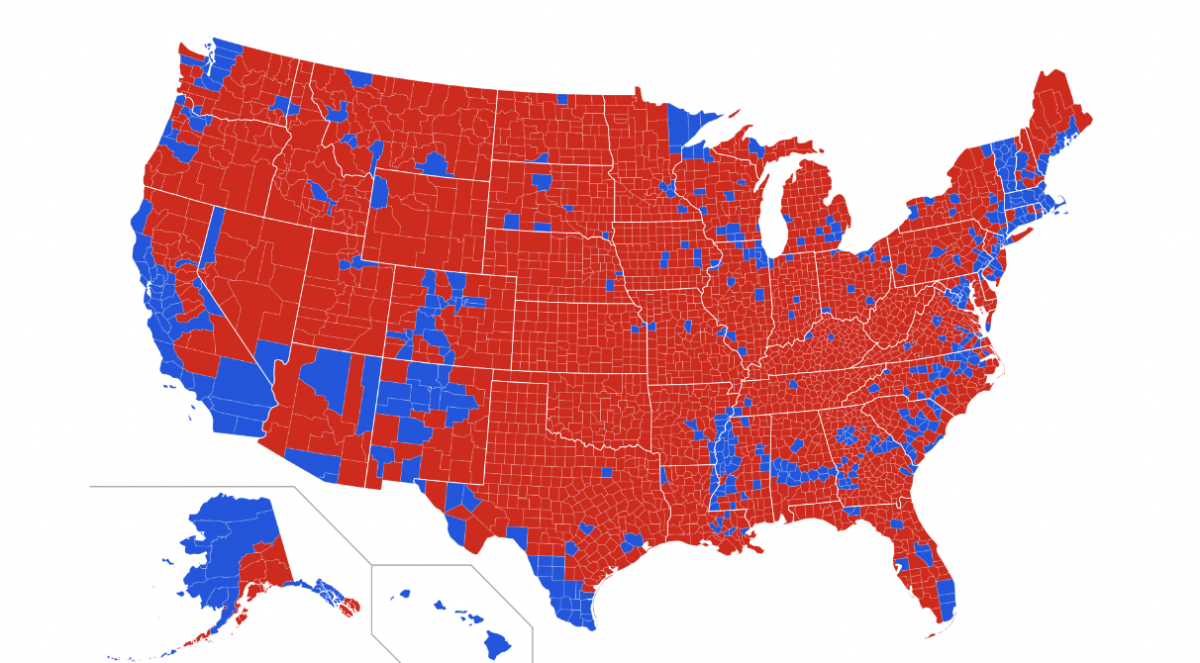Rebecca Lee
Editor-in-Chief
A friend recently told me a simple joke, “If you have women’s studies, what do you call men’s studies?”
His answer: “History.”
I laughed at first but quickly realized the blatant sexism in the joke. After attending an all girls school for 13 years, I felt annoyed his “light hearted” joke was a little insulting.
Countless assemblies and numerous guest speakers have taught me how to make my voice heard in a male-dominated workplace. The stereotypical feminist bra-burning, man-hating image was shattered my freshman year and replaced by the memory of the entire faculty standing on stage to show who feminists are. Even though equal rights between men and women have improved since women gained the right to vote, they aren’t ideal and more can still be done.
Women make 77 cents for every $1 that a man does for the same job, according to the U.S. Census Bureau. Sen. Harry Reid (D-NV) attempted to change this disparity by introducing the Paycheck Fairness Act — legislation to enforce equal pay between the sexes — in 2010 to amend the Fair Labor Standards Act of 1938, but it did not pass.
Greater improvement, although it is not perfect, is seen in the media’s portrayal of women. In my lifetime, I’ve witnessed fewer stick thin models in commercials and in magazines.
World-renowned magazine Vogue announced in its June edition that it would stop hiring models who appear to have an eating disorder and instead will work with models who are healthy to promote healthy body image.
Although the magazine does not mention its use of Photoshop to touch-up or “enhance” a model’s looks, it is a first step in the right direction.
Gender equality is also improving in the political arena, all three female U.S. Secretaries of State who have served during my lifetime are women. Yet, only 17 percent of senators and 16.8 percent of representatives are women, according to the Center for American Women and Politics.
Considering women make up 50.8 per- cent of United States’ population, according to the 2010 U.S. Census, the country could benefit with an increase of females in political roles to voice our opinion on is- sues that affect us, such as women’s health, equal pay and fairness in the workforce.
With an increase of women in politics it is possible to have a female president of the United States, just as the United Kingdom, Liberia, India, the Philippines, Germany and Sri Lanka have had women leaders.
Even though women’s status has improved, we’re not done yet. Women making history should not be joke-worthy.








